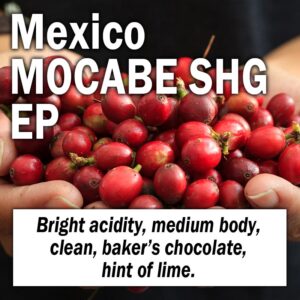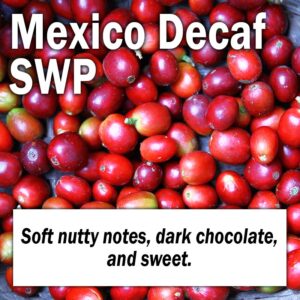Description
Colombia is the second largest producer of coffee in the world and the largest producer of washed Arabica coffees. Its annual production ranges from 12 million to 15 million 70-kilo bags. Annually, Colombia exports approximately 12.5 million bags and as a nation consumes about 2 million bags. Coffee is grown at altitudes of 1,200–2,000 meters.
Colombia, rather uniquely, ships coffee 12 months of the year. The main flowering period is April through October, and the main crop harvest lasts from early September to December. The mitaca harvest runs from March through June.
The primary varieties grown in Colombia are Caturra, Typica, Bourbon and Variadad Colombia (which was developed by the FNC to be resistant to coffee leaf rust disease).
Colombian coffee is often referred to by the region in which it is grown. Many people will refer to the closest city to the mill.
Regions
- Antioquia —capital: Medellin (18% of total production)
- Tolima — capital: Ibague
- Caldas — capital: Manizales (29% of total production)
- Valle del Cauca — capital: Cali (13% of total production)
- Huila — capital: Neiva (5% of total production)
- Cauca — capital: Popayan (4% of total production)
- Santander — capital: Bucaramanga
Grades
- Supremo – standard screen 17/18
- European Preparation (EP) – screen 15
- UGQ – also referred to as Excelso, Screen 14. (Excelso can be used to refer to all Colombian coffee of exportable quality.)
Cup Characteristics
Well rounded, good overall acidity, light to medium body, depending on region.
| Region |
| San Juan del Rio Coco, Madriz, Nicaragua |
| Growing Altitude |
| 1,450-1,600 masl |
| Arabica Variety |
| Caturra, Catuai, Catimor |
| Harvest Period |
| December-April |
| Milling Process |
| Washed, patio sun-dried |
| Aroma |
| Caramel, baking spices |
| Flavor |
| Sweet, caramel, butterscotch, floral |
| Body |
| Silky |
| Acidity |
| Juicy, citrus |




